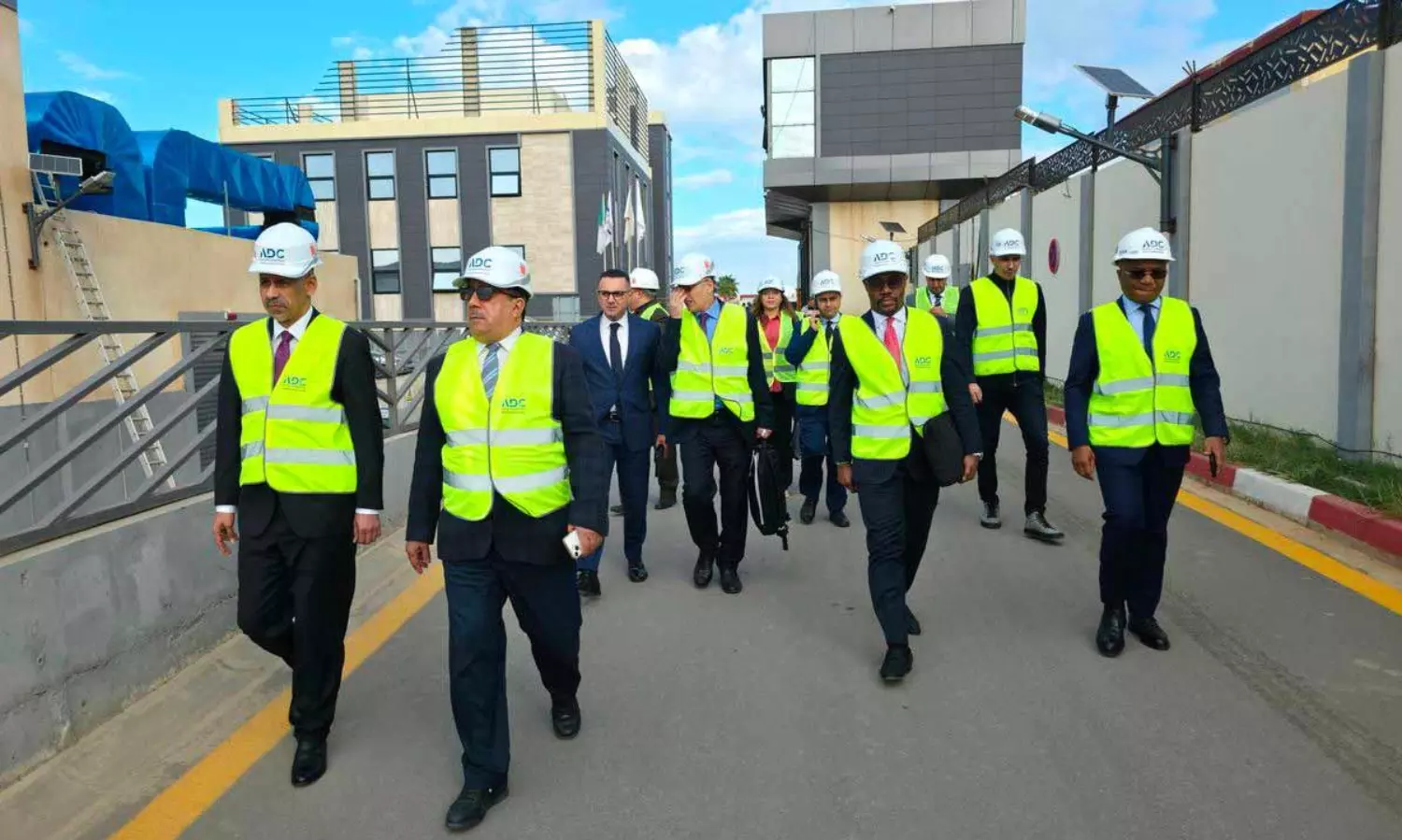AfDB becomes Algeria’s key partner for new external financing plan
Algeria selects AfDB as it launches major rail, mining, energy and water projects under its 2025 Finance Law.

Algeria has named the African Development Bank (AfDB) as its international partner for its renewed external financing plan, marking an important step for both the country and the Bank Group. The decision comes as Algeria begins major investment efforts under its 2025 Finance Law, including the $2.8 billion Laghouat–Ghardaïa–El Meniaa railway line.
During his visit to Algeria on 16–17 November, AfDB President Dr Sidi Ould Tah thanked President Abdelmadjid Tebboune for selecting the Bank for this role. He said the move was a strategic step for Algeria’s development and its long-standing partnership with the Bank Group.
Algeria’s new financing approach focuses on large national projects. The 495 km Laghouat–Ghardaïa–El Meniaa rail line is the first phase of a wider Trans-Saharan Railway that will later extend to Tamanrasset and connect to Niger. This corridor will open up Algeria’s southern regions and support landlocked Sahel countries by giving them better access to resources and markets.
The railway is part of Algeria’s plan to double its network to 10,000 km by 2030 and reach 15,000 km in the long term. The wider expansion aims to cut transport costs, connect isolated regions, and increase domestic processing of natural resources, including critical and industrial minerals.
Minister of Hydrocarbons and Mines Mohamed Arkab said the government aims to increase the local transformation of hydrocarbons from 30 percent to 60 percent by 2035. This will be supported by a $60 billion investment plan from 2025 to 2029 and an expansion in petrochemicals, hydrogen, and other gas derivative industries.
Algeria is also pushing to strengthen its mining sector by developing critical minerals such as iron, zinc, gold, and rare earths. Many of these deposits are in remote Saharan areas. The Trans-Saharan Railway will support extraction and local processing and improve access to markets in Algeria and neighbouring countries.
Ould Tah said Algeria’s plans match the AfDB’s industrial vision for Africa. He stressed the importance of value addition, industrialisation, and mineral sovereignty, noting that Africa has a strong competitive edge in battery precursor production. He called for joint African action to protect and develop the continent’s mineral wealth.
Energy and water security were also part of the visit. Ould Tah toured the “Fouka 2” seawater desalination plant, one of Algeria’s responses to worsening water scarcity. Algeria operates 19 desalination plants and plans to add five more by 2027. These plants will meet 60 percent of national water needs by 2030.
The country’s long experience in liquefied petroleum gas (LPG) distribution was highlighted as well. Algeria supplies LPG to 75 percent of households, including communities in the southern desert, through locally designed and built systems. This is seen as a useful example for Africa’s clean energy transition, with the AfDB supporting similar clean cooking programmes across the continent.
Minister of the Interior, Local Authorities and Transport Saïd Sayoud and Minister of Public Works and Basic Infrastructure Abdelkader Djellaoui noted Algeria’s strong capacity to deliver major projects. The country built 950 km of railway in 24 months using only local expertise. This capacity supports the development of national North–South corridors and key mining lines.
Ould Tah praised Algeria’s vision and execution strength, saying the country’s ambition and project quality make it a central partner in Africa’s transformation.


